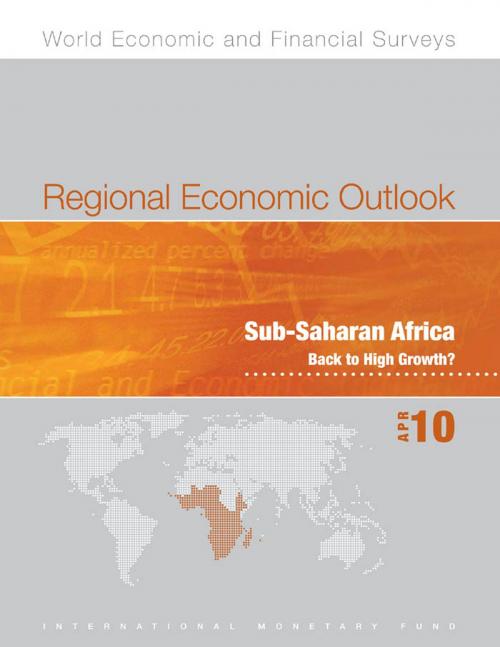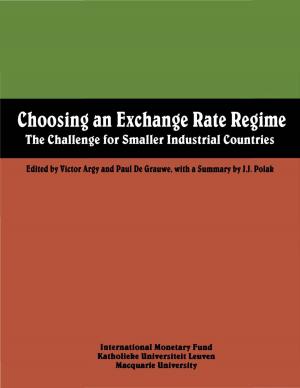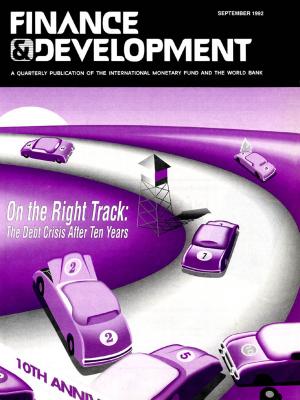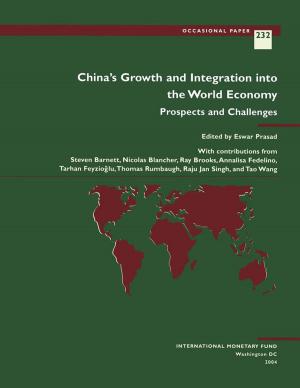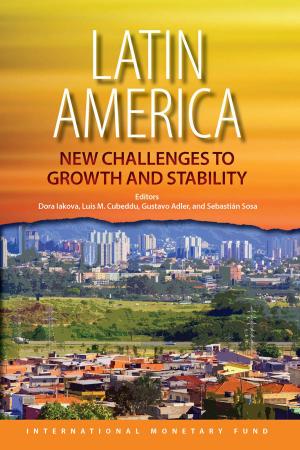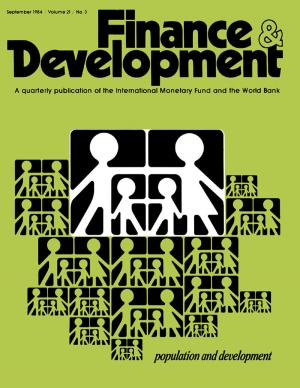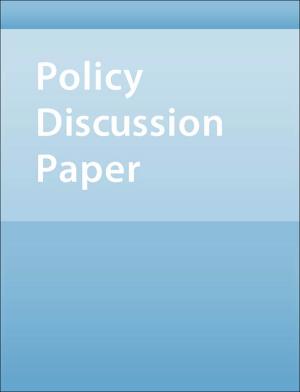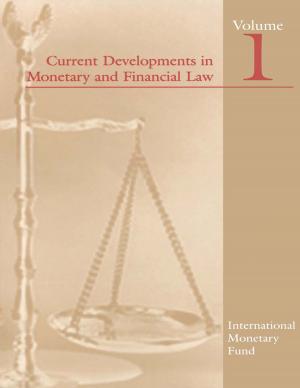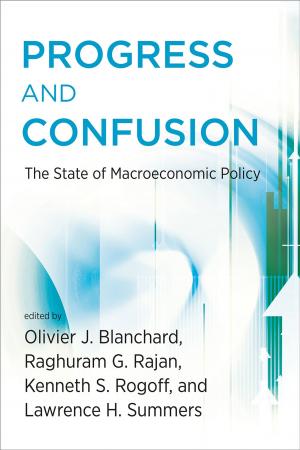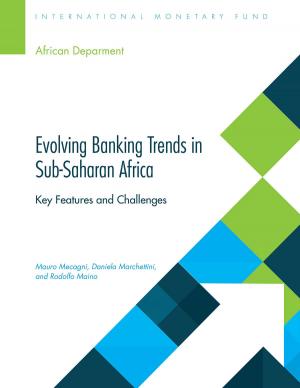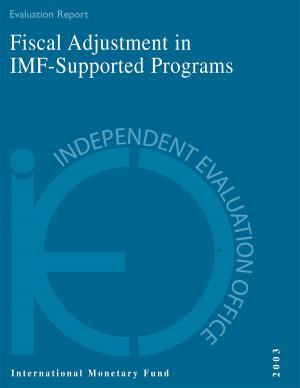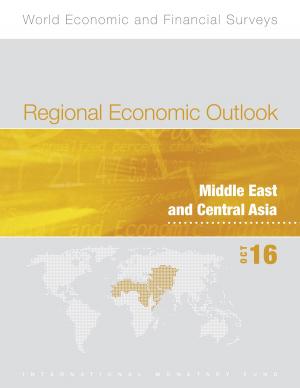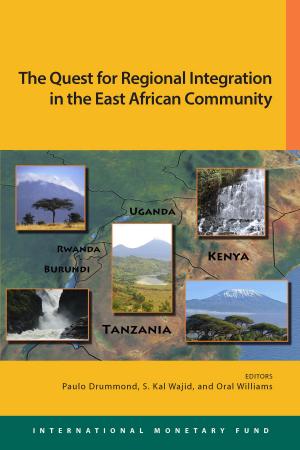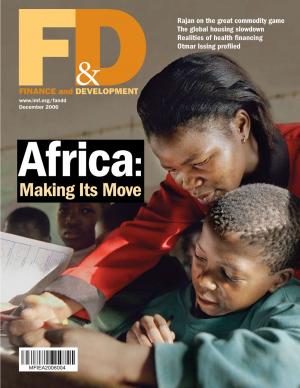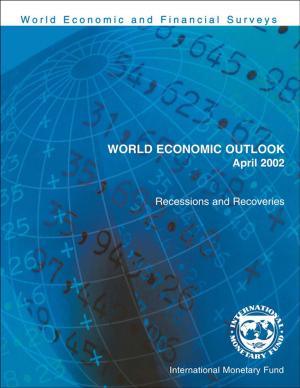Regional Economic Outlook: Sub-Saharan Africa, April 2010
Business & Finance, Economics, International Economics, Macroeconomics, Nonfiction, Social & Cultural Studies, Political Science, Politics, Economic Policy| Author: | International Monetary Fund. African Dept. | ISBN: | 9781452730158 |
| Publisher: | INTERNATIONAL MONETARY FUND | Publication: | April 23, 2010 |
| Imprint: | INTERNATIONAL MONETARY FUND | Language: | English |
| Author: | International Monetary Fund. African Dept. |
| ISBN: | 9781452730158 |
| Publisher: | INTERNATIONAL MONETARY FUND |
| Publication: | April 23, 2010 |
| Imprint: | INTERNATIONAL MONETARY FUND |
| Language: | English |
The economic slowdown in sub-Saharan Africa looks set to be mercifully brief. Recovery is now under way across the region. The region's relative resilience during this global recession, compared with previous global downturns, owes much to the health of its economies and the strengthening of policy frameworks in the run-up to the crisis. Countercyclical macroeconomic policies played an important role, with nearly two-thirds of sub-Saharan Africa countries experiencing a slowdown in 2009 increasing government spending to buttress economic activity. However, progress toward the Millennium Development Goals receded. Middle-income and oil-exporting countries were hit hardest by the collapse in world trade and commodity markets; the region's low-income countries escaped fairly lightly. Looking ahead, fiscal policies in sub-Saharan Africa generally need to be refocused toward medium-term objectives, macroeconomic policy buffers rebuilt, and financial systems strengthened.
The economic slowdown in sub-Saharan Africa looks set to be mercifully brief. Recovery is now under way across the region. The region's relative resilience during this global recession, compared with previous global downturns, owes much to the health of its economies and the strengthening of policy frameworks in the run-up to the crisis. Countercyclical macroeconomic policies played an important role, with nearly two-thirds of sub-Saharan Africa countries experiencing a slowdown in 2009 increasing government spending to buttress economic activity. However, progress toward the Millennium Development Goals receded. Middle-income and oil-exporting countries were hit hardest by the collapse in world trade and commodity markets; the region's low-income countries escaped fairly lightly. Looking ahead, fiscal policies in sub-Saharan Africa generally need to be refocused toward medium-term objectives, macroeconomic policy buffers rebuilt, and financial systems strengthened.
